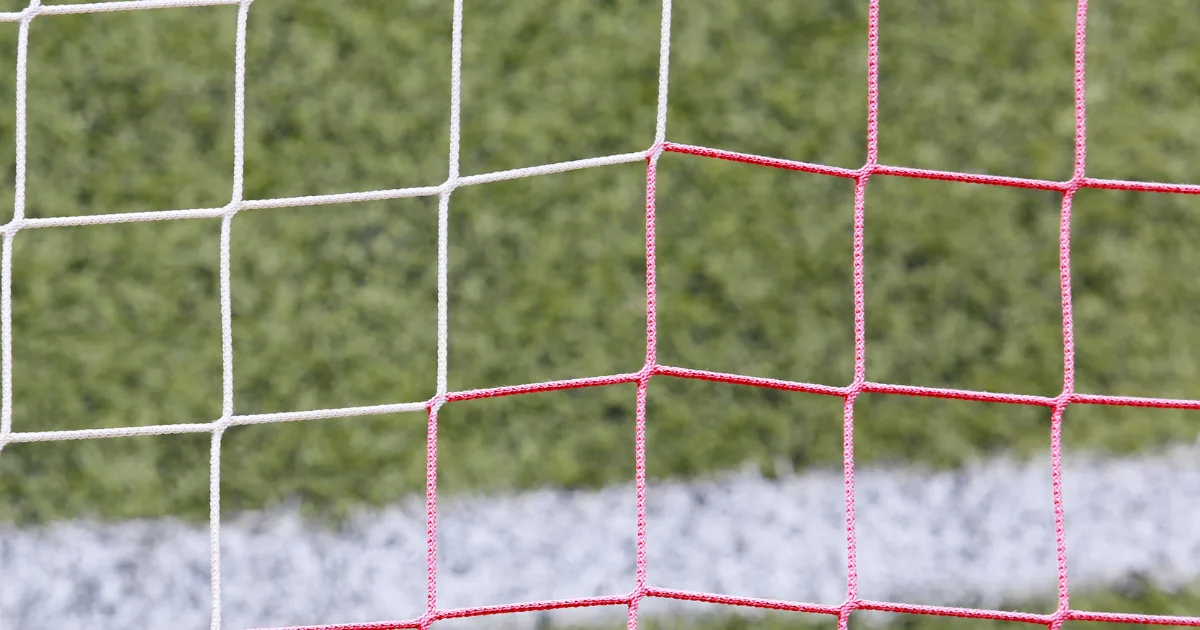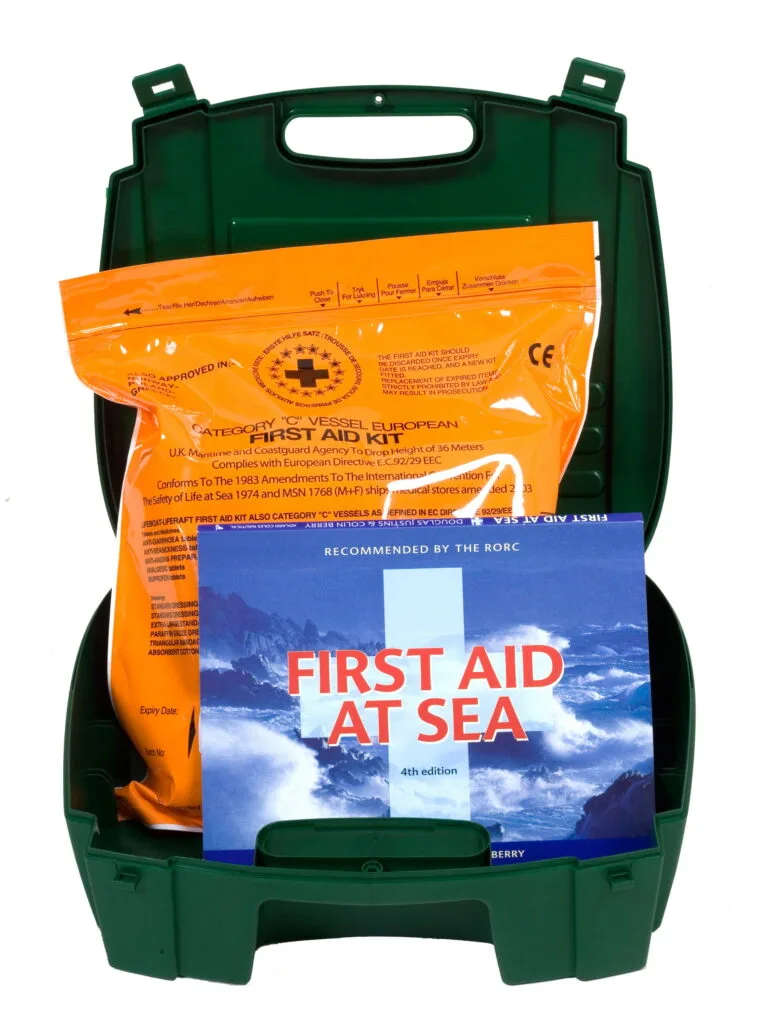Commercial fishing is a challenging and hazardous profession, especially in the unpredictable waters surrounding Ireland. To ensure the safety of crew members and reduce the risks associated with fishing operations, it is crucial for commercial fishermen in Ireland to follow a comprehensive safety checklist. In this blog post, we will provide an essential safety checklist specifically tailored for commercial fishermen operating in Irish waters.
Personal Protective Equipment (PPE)
– Life Jackets: Ensure that each crew member has a properly fitted and SOLAS-approved life jacket readily accessible.
– Immersion Suits: Have immersion suits on board in case of emergencies where crew members may need to abandon the vessel.
– Protective Clothing: Provide appropriate clothing for the prevailing weather conditions, including waterproof gear, gloves, and non-slip footwear.
– Safety Helmets: If working on deck or handling heavy equipment, wear safety helmets to protect against falling objects.
Emergency Equipment
– Emergency Position Indicating Radio Beacon (EPIRB): Have a functioning EPIRB on board with updated registration and batteries. Ensure it is compatible with the Irish Coast Guard’s Cospas-Sarsat system.
– PLB’s: Personal Locator Beacons are small devices, which can be fitted into life jackets. PLB’s are registered to the person, while the EPIRB is registered to the vessel.
– Fire Extinguishers: Carry adequate fire extinguishers in easily accessible locations and regularly check their working condition. Ensure they are suitable for use on a fishing vessel.
– First Aid Kits: Maintain fully stocked first aid kits and ensure crew members are trained in basic first aid procedures. Ensure you have the correct category first aid kits on board to suit your vessels requirements.
– Flares and Distress Signals: Have a supply of flares, smoke signals, and other devices to signal distress in case of emergencies. Ensure they meet the Irish Coast Guard’s requirements.
– Bilge Pumps: Regularly inspect and maintain bilge pumps to ensure they are in good working condition.
Vessel Maintenance and Safety
– Regular Inspections: Conduct routine inspections of the vessel, including hull, deck, rigging, and equipment, to identify any potential hazards or maintenance issues. Follow the guidelines set by the Irish Maritime Administration. – Navigation and Communication: Ensure that navigational and communication equipment, such as GPS, radar, and VHF radios, are in good working condition. Follow the requirements of the Irish Maritime Administration for equipment standards.
Safety Rails and Guardrails: Install and maintain safety rails and guardrails to prevent falls overboard. Ensure they meet the Irish Maritime Administration’s safety standards.
– Non-Slip Surfaces: Apply non-slip coatings or mats on deck surfaces to reduce the risk of slips and falls, especially in wet conditions.
– Lighting: Ensure proper lighting on the vessel for safe operations during low-light conditions or at night. Follow the lighting regulations set by the Irish Maritime Administration.
Weather Monitoring
– Stay Informed: Regularly check weather forecasts from reputable sources such as Met Éireann and monitor changes in weather conditions throughout the fishing trip. Follow the guidelines set by the Irish Coast Guard for weather monitoring.
– Storm Preparedness: Have a plan in place for severe weather events, including designated safe areas on the vessel and procedures for securing equipment and gear. Follow the recommendations of the Irish Coast Guard for storm preparedness.
– Communication Protocol: Establish a clear communication protocol for relaying weather updates and emergency procedures to all crew members. Ensure that all crew members are familiar with the emergency radio channels specified by the Irish Coast Guard.
Training and Education
– Safety Training: Provide regular safety training to all crew members, including emergency drills, proper use of equipment, and procedures for different scenarios. Follow the training requirements set by the Irish Maritime Administration.
– Emergency Response Plan: Develop and communicate a comprehensive emergency response plan that covers various potential emergencies, including man overboard, fires, and medical emergencies. Ensure that the plan meets the guidelines provided by the Irish Coast Guard.
– Stay Updated: Stay informed about the latest safety regulations, guidelines, and best practices in the fishing industry in Ireland. Regularly check for updates from the Irish Maritime Administration and the Irish Coast Guard.
Conclusion
Following a safety checklist is essential for commercial fishermen in Ireland to ensure the safety of crew members and minimise the risks associated with their profession. By prioritising personal protective equipment, emergency equipment, vessel maintenance and safety, weather monitoring, and ongoing training, commercial fishermen can enhance safety on board and reduce the likelihood of accidents or emergencies at sea. Always adhere to the specific safety regulations and guidelines set by the Irish Maritime Administration and the Irish Coast Guard.
If you have any questions or need further information about safety practices for commercial fishermen in Ireland, feel free to reach out to us.
Stay tuned for more informative articles on maritime safety and fishing practices. Stay safe and tight lines!
Note: This blog post is intended as a general guide and should not replace specific safety regulations and guidelines set by the Irish Maritime Administration and the Irish Coast Guard.




